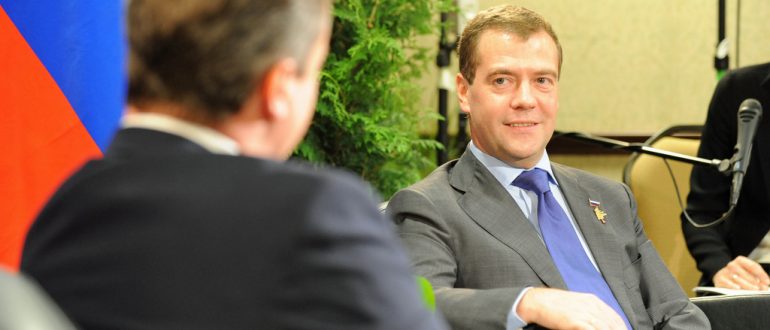
Why care about the Duma elections this year?
Leonid Bershidsky, a Bloomberg columnist, this July provocatively stated that ‘Russia Has the Most Boring Election of 2016’, especially when compared to the immense spectacle of the U.S. presidential and senate elections. Despite the fact that the upcoming state Duma election is the first election since the 1990s that is taking place during an economic downturn, few aspects point to changes in the composition of the Duma or any major effects for the general Russian political system. Nevertheless, the elections might give insights into the general mood of the population and the Russian political theater.
First and foremost, the motto of this year’s election seems to be to avoid the repeat of the disastrous 2011 vote, which international observers, such as the OSCE, have criticized as not meeting international standards. After vote-rigging, massive protests erupted and protesters eventually demanded Putin’s resignation. In response, a series of punitive laws were passed to avoid further protests. After 2011, the Economist Intelligence Unit even downgraded Russia in its democracy index from a ‚hybrid regime’ to an ‚authoritarian regime’. In 2016, the new draconian anti-protest law was passed to allow state security services to open fire on crowds and grant the “right to withhold any warnings of their intention to use weapons, special means or physical force.”
No wind of change
The question as to whether the Duma election will have a major effect on the composition of the Russian parliament seems unlikely. In fact, this year 14 parties are competing for Duma seats (seven more than for the last election). According to the latest Levada polls from late August, the same four parties, that make up the current Duma, will pass the five per cent threshold. Polls suggest losses for United Russia and some marginal gains for the formal opposition parties in parliament, also known as the ‘systemic opposition’. The same polls also show that about 55 per cent of people intend to vote. Of the 14 parties three relatively liberal parties are running, but none has more than 1 percent support. Infamous anti-corruption activist Alexei Navalny is barred from the election.
A more equal playing field?
To avoid the impression of another systematic vote-fraud, Ella Pamfilova, a former human rights activist who previously served as the Russian Human Rights Ombudswoman from 2014 to 2016, was appointed head of the Russian Central Election Committee. Thesurprising appointment signaled a move towards a fairer vote on September 18.
However, the playing field is by no means equal. The electoral commission reduced the number of observers for the upcoming election and limited their ability to spontaneously visit different polling stations. Furthermore, media monitoring of the elections will be similarly confined, with only accredited outlets and reporters allowed to cover the polls.
According to observers, the vote was moved forward to mid-September to avoid a prolonged election campaign. A lot of people spend their summer break outside the metropolitan areas on their Dachas away from politics and the daily life in the cities.
Restricted media
Besides the timing and relative short-length of the campaigns, the tightly controlled media do not signal a wind of change either. The main sources of media consumption, according to a Deloitte Study in 2015, are the internet and the television. Whereas the latter is the most important source of news, it is also most tightly controlled by pro-Kremlin media outlets. Freedom House in their 2016 report listed the Russian press as ‘not free’ and the Russian internet only as ‘partly free’.
It remains to be seen how the elections play out and how the non-systemic-opposition will react. However, no or little protests are expected despite the dire economic situation for most Russians.
Elections as measure of the political climate?
Nevertheless, (international) observers are interested in how the elections are conducted and how they play out in terms of political equality as well as whether the electorate (against current polling) will punish the ruling party United Russia (Yedinaya Rossiya) for the steadily declining standards of political freedom. Most importantly, however, the vote could give a rare glimpse into the Russian political climate and its discourse. This is especially relevant given Given Russia’s clout in the context of the Ukraine or the Syria crisis.
